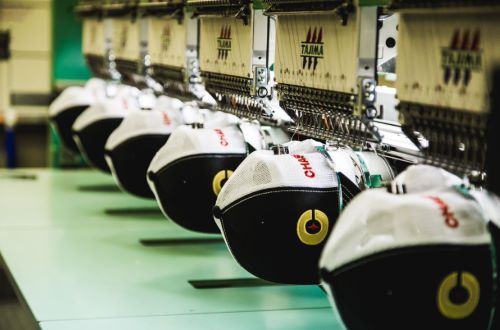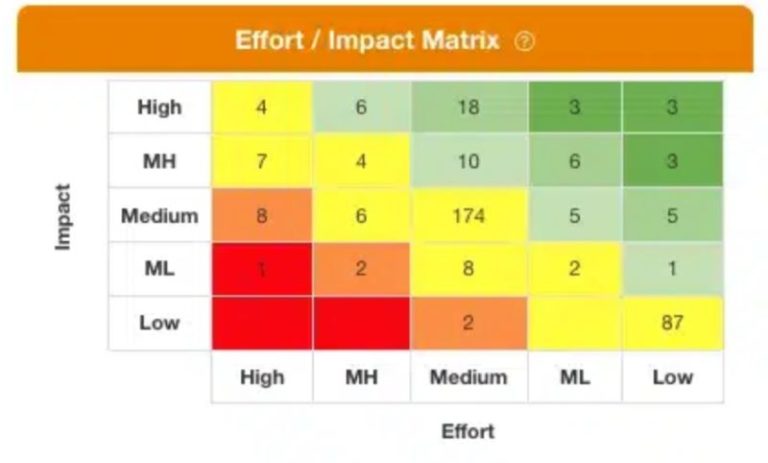

Custom merchandise has always played a pivotal role in brand promotion and customer engagement. Over the years, the evolution of custom business merch has been nothing short of remarkable, driven by advancements in technology, changing consumer preferences, and innovative marketing strategies.
Here’s a look at how custom business merchandise has transformed over the decades.
1. The Evolution of Product Variety
In the early days, custom business merch was limited to basic items like pens, t-shirts, and mugs. These items, while effective, offered limited options for creativity and personalization.
Today, the landscape has dramatically shifted. Companies now offer a wide array of bespoke products ranging from eco-friendly items like reusable water bottles and tote bags to high-tech gadgets such as custom USB drives and wireless chargers.
This expansion in product variety allows businesses to align their merch more closely with their brand identity and target audience.
2. Technological Advancements in Customization
The advancements in printing and manufacturing technology have revolutionized custom business merch. Traditional screen printing methods have given way to digital printing, laser engraving, and 3D printing. These technologies provide higher precision, faster turnaround times, and the ability to produce smaller batches economically. As a result, businesses can now create highly detailed and personalized merchandise without incurring exorbitant costs.
3. Sustainability and Eco-Friendly Merchandise
The growing awareness of environmental issues has significantly influenced the custom merchandise industry. Companies are increasingly opting for sustainable materials and eco-friendly products. From biodegradable packaging to products made from recycled materials, the shift towards sustainability reflects a broader trend of corporate social responsibility. This not only helps in reducing the environmental impact but also resonates well with environmentally conscious consumers, enhancing brand image.
4. Integration with Digital Marketing Strategies
The digital age has brought about a seamless integration between physical merchandise and digital marketing strategies. QR codes on custom merch can now link customers to websites, social media pages, or exclusive online content, creating a bridge between offline and online brand experiences. Additionally, augmented reality (AR) features on products can provide interactive experiences, making the merchandise more engaging and memorable.
5. Personalization at Scale
Modern consumers crave personalization, and businesses have responded by leveraging data analytics to create more tailored merchandise. Companies can now use customer data to design products that reflect individual preferences and interests. This level of personalization, once unthinkable on a large scale, is now achievable thanks to advances in data processing and manufacturing technologies. Personalized merchandise not only enhances customer satisfaction but also fosters a stronger emotional connection to the brand.
6. Trendy and Fashionable Merchandise
Custom business merch has evolved from being purely promotional to being trendy and fashionable. Collaborations with designers and influencers have led to the creation of stylish and high-quality merch that customers are proud to wear and use.
This trend has particularly taken off in the apparel industry, where branded clothing and accessories are now seen as fashionable items rather than just promotional tools. Examples of quality merch includes embroidered items like hats and shirts.
If you are a business looking to stand out from the crowd, then embroidery Fort Worth services from standpointpromotions.com is an excellent option for you.
7. Enhanced Quality and Durability There has been a noticeable improvement in the quality and durability of custom business merch over the years. Modern manufacturing techniques ensure that products are not only visually appealing but also durable and functional. High-quality merchandise reflects positively on a brand, reinforcing the perception of reliability and excellence.


